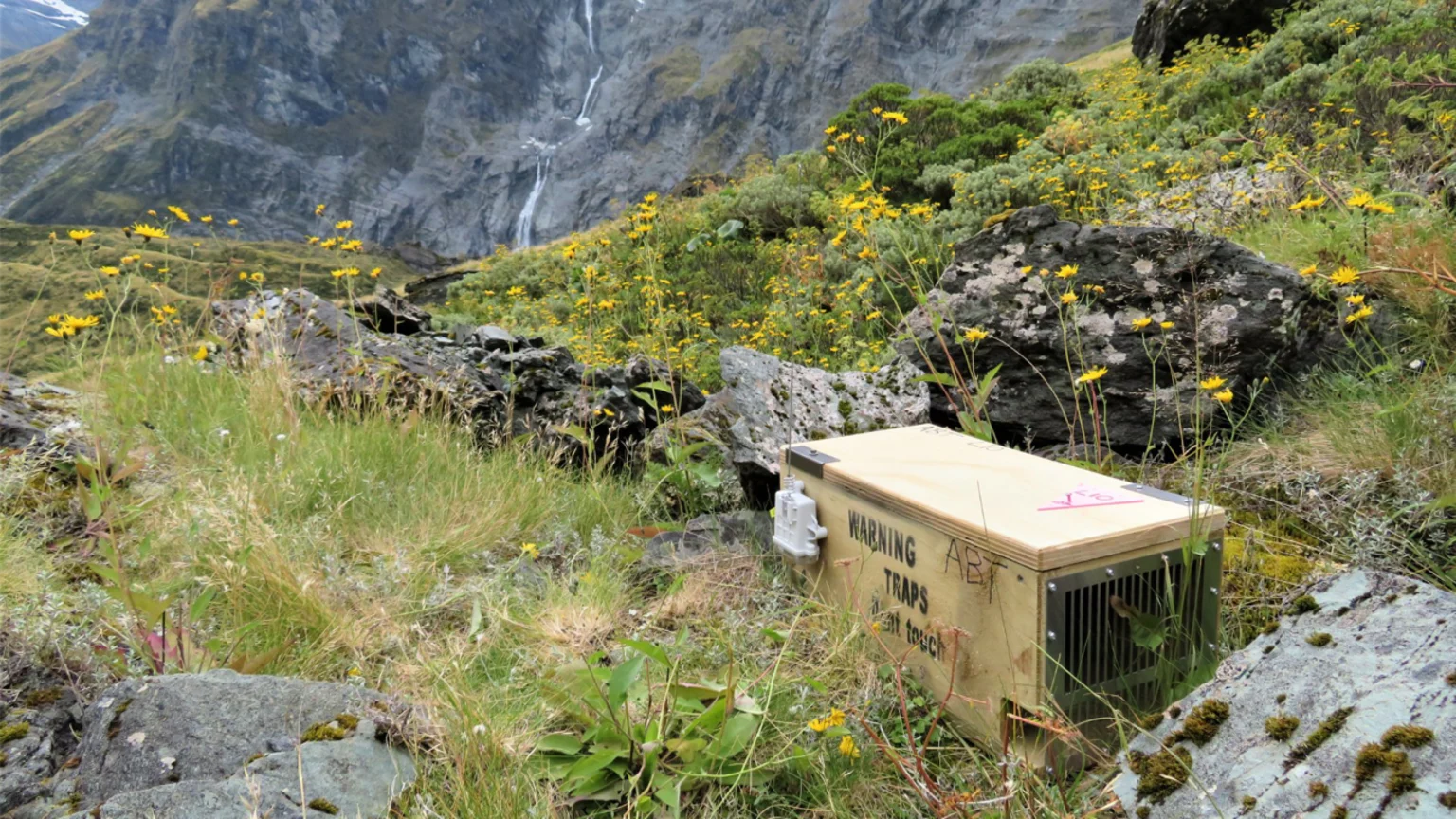Science
Local communities the key as Predator Free 2050 on the right track 10,000 days out from D-Day

Published by Dominic George
22 Aug 2023
As of Tuesday 15 August, there were exactly 10,000 days left to accomplish the 'Predator Free 2050' goal of completely eradicating predators including possums, rats and stoats by the end of 2050.
Chief Executive of Predator Free 2050 Rob Forlong told REX host Dominic George he is pleased with the progress made so far.
"I reckon we are doing really well," he said.
"We have around 50,000 hectares (pest) free and that's fantastic."
Recent developments in technology are only adding to Forlongs optimism including the exponential improvements around artificial intelligence.
They are currently in the process of getting registration that toxin that will kill only rats, just one example of technology that will not only help Predator Free 2050 but probably has international economic significance as well.
"We're also learning new things all the time, we've got new tools coming online.
"For example on Waiheke Island, they know more or less how many stoat females there are left by doing a genetic analysis.
"The traps now can tell the difference between a possum, a rat, a stoat, or they can tell the difference between a domestic pet so that they won't go off when a domestic pet comes into the area."
Even if the end goal isn't achieved by 2050, Forlong is confident in the systems and tools the project is producing and discovering.
"We're so good at doing this stuff now that our people are starting to be called overseas to work on overseas projects to get rats and stoats and possums off islands.
"It's really amazing stuff that is going on and the country can be quite rightly proud that it's a world leader in this space."
Although it started as a biodiversity movement focusing on the eradication of predators to native flora and fauna, its ability to bring people and communities together has surprised Forlong himself.
"What we thought initially was this was all about biodiversity but it's not, it's actually a way that people bring themselves together and communities build themselves.
"We see people getting in touch with their neighbours, helping their neighbours out, we see people joining these things, it's an amazing social movement as well as a biodiversity movement."
A student of biodiversity in his younger years, coming back into the industry, Forlong told George some of the progress made is mind-blowing.
"Things that I would have thought were impossible when I was a student, even more recently, I have been amazed at the things that people have been able to achieve."
Going forward, he believes the future of conservation is governing bodies and organisations partnering with local communities and agencies because of their knowledge and experience with each unique local area across the country.
Listen to the full chat between Chief Executive of Predator Free 2050 Rob Forlong and Dominic George above.
To check out more episodes listen to the REX Today Podcast anytime on your favourite streaming platforms including Spotify, Apple Music and Rova or tune in to REX Mornings live on Magic from 5 am to 6 am every weekday.
Visit the Rural Exchange Facebook or Instagram page for more information and regular updates from the REX team.
Published by Dominic George
22 Aug 2023